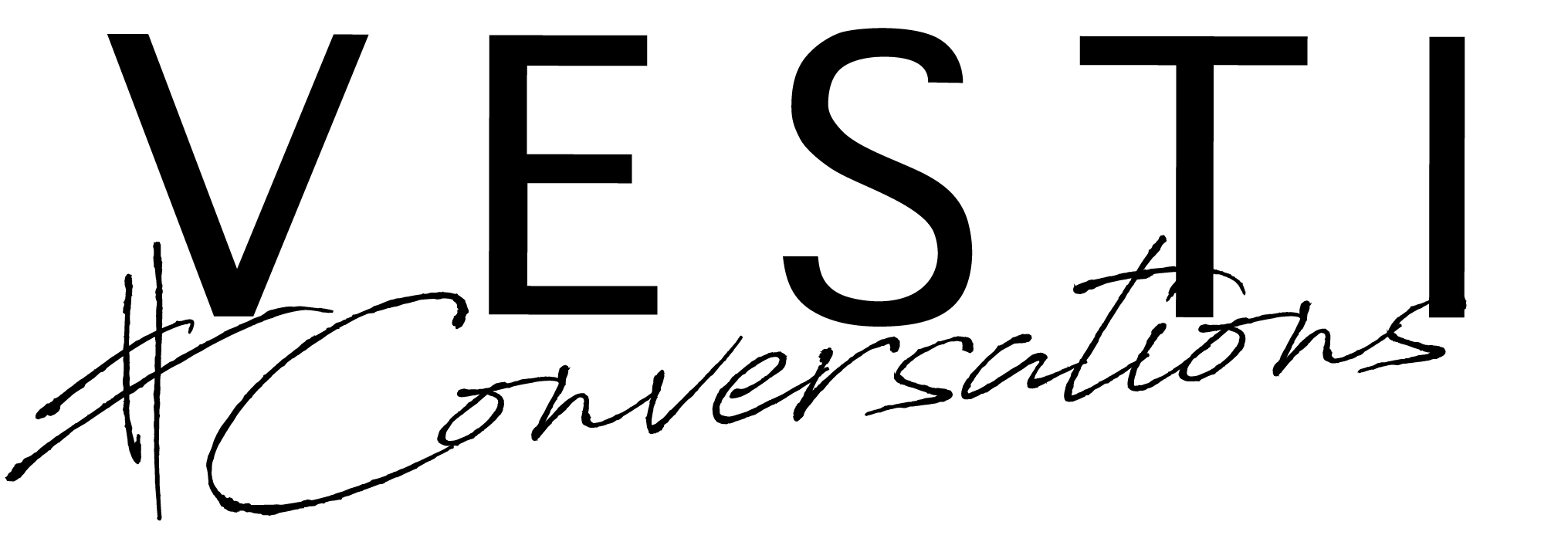Philippine Traditional Art: The Fundamental of Connoisseurship for Designers
by Michelle Santos
A few months ago, I was given the opportunity to attend a seminar by Marian Pastor-Roces entitled Philippine Traditional Art: The Fundamentals of Connoisseurship for Designers. Our keynote speaker is a world-renowned curator, author, and founder and president of TAO, Inc., the only museum development corporation in the Philippines. One of her published works include the book entitled Sinaunang Habi: Philippine Ancestral Weave. This charming coffee table book is filled with extensive essays and beautiful images that provide the reader with a clear historical and anthropological background of the different indigenous groups in each region of the Philippines through their clothing. Given her astounding track record it seems only fitting for Marian Pastor-Roces to be the seminar’s keynote speaker.
Two key concepts discussed during the seminar were the indigenous concept of reciprocation and exchange and the connection between us and the indigenous. Firstly, the the indigenous concept of reciprocation and exchange can be understood by the saying, “if we take something, we should return something of equal value”. It is a practice that Ms. Pastor-Roces frequently discussed throughout the day that provides a new way companies can think about how they market their products to their target audience. She would also consistently remind the participants of how we are no different from the indigenous people and how we could use their ways of living as a compass to how we navigate our world now.
A photo of Marian Pastor Roces’ book, Sinaunang Habi. Photo Credits to Salcedo Auctions.
As a young aspiring designer, I found that what really impacted me from this talk is the idea that only when we are able to truly appreciate our collective, cultural identity will we be able to truly develop unique and beautiful products that can wholly embody the Filipino spirit. I think that due to our postcolonial perspective, there is a likelihood that indigenous or “native” practices are looked down upon and there is a preference for foreign, “modern” ideologies. However, I think that the dismissal of local practices and belief systems leads to a fragmented individual with no clear sense of a cultural identity nor ability to fully understand the self.
I have even noticed amongst my peers that there is a call and a market for developed with a clear cultural reference. Millennials are no longer supporting brands for their products alone but for their advocacy, beliefs, representation, and process. With that being said, there is a market and demand for products that are rooted in Philippine history and Philippine culture. Not only will it help educate the general public about these two topics, but it will also help integrate these two into the present day. As a result, acceptance of the indigenous in one’s own identity leads to a well-grounded individual who has a rich and dynamic culture that they can feel great pride in.


